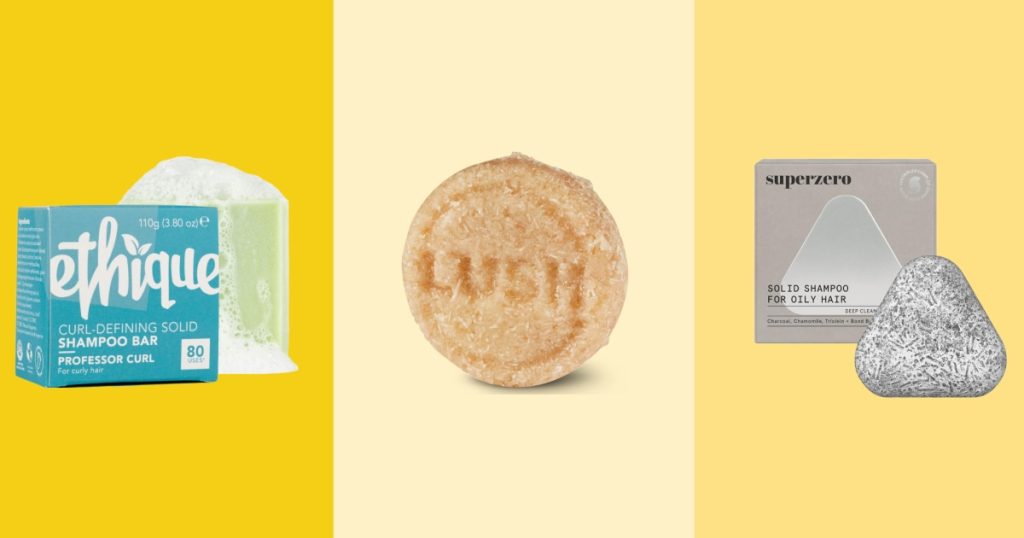Shampoo bars are a sustainable alternative to traditional liquid shampoos, made with natural ingredients and essential oils. Experts recommend considering factors such as ingredients, shape, and price when shopping for a shampoo bar. They suggest looking for hydrating ingredients like natural oils and glycerin, and picking a shape that is comfortable to hold. Prices for shampoo bars vary, with options ranging from $14 to $28. Some recommended options include Lush’s Honey I Washed My Hair Shampoo Bar, Kitsch Ultra Sensitive Shampoo & Body Wash Bar, and Ethique Curl Defining Solid Shampoo Bar, among others.
Shampoo bars come in different shapes such as circular, triangular, and rectangular, and are suitable for a variety of hair types. Some options are multipurpose, like the Kitsch Ultra Sensitive Shampoo & Body Wash Bar, and are safe for sensitive skin and scalp. Other bars are specifically formulated for curly, fine, or oily hair types. Additionally, there are options available for dry or irritated scalps, like J.R. Liggett’s Tea Tree & Hemp Oil Shampoo Bar or Kitsch Castor Oil Nourishing Shampoo Bar. Each shampoo bar has varying key ingredients, fragrances, and amounts of washes.
When shopping for a shampoo bar, factors to consider include hair texture, type, scalp health, and ingredients. Expert recommendations suggest looking for bars with natural oils, gentle surfactants, and avoiding drying alcohols. Bars with lightweight ingredients such as jojoba oil are suitable for fine hair, while those with curl defining ingredients like shea butter and coconut oil are better for curly textures. It is important to align the shampoo bar with both hair type and scalp condition for optimal results.
Storing a shampoo bar correctly is crucial to ensure longevity. Experts recommend keeping the bar in a dry place, such as a container or bag, to prevent it from becoming mushy in the shower. Various storage solutions are available, including bags, cork containers, and self-draining bar storage. Shampoo bars offer several advantages over liquid shampoos, including being eco-friendly, using natural ingredients, and being travel-friendly. However, there may be an adjustment period for the hair and scalp when switching to a shampoo bar, and issues with hard water could affect lathering and distribution.
To use a shampoo bar, ensure hair is wet before applying, wet the bar as well, and either rub it directly onto the hair or lather it in your hands. Distribute the shampoo thoroughly, then rinse. It is essential to choose a shampoo bar that suits your hair type and scalp condition, and to follow the advice of experts for best results. Experts consulted include Brooke Jordan, co-founder of The Bird House salon, and Mark Constantine, co-founder of Lush. NBC Select works with experts to provide independent advice and recommendations. Bianca Alvarez, an associate reporter covering skincare and haircare, researched and interviewed experts for this story.


